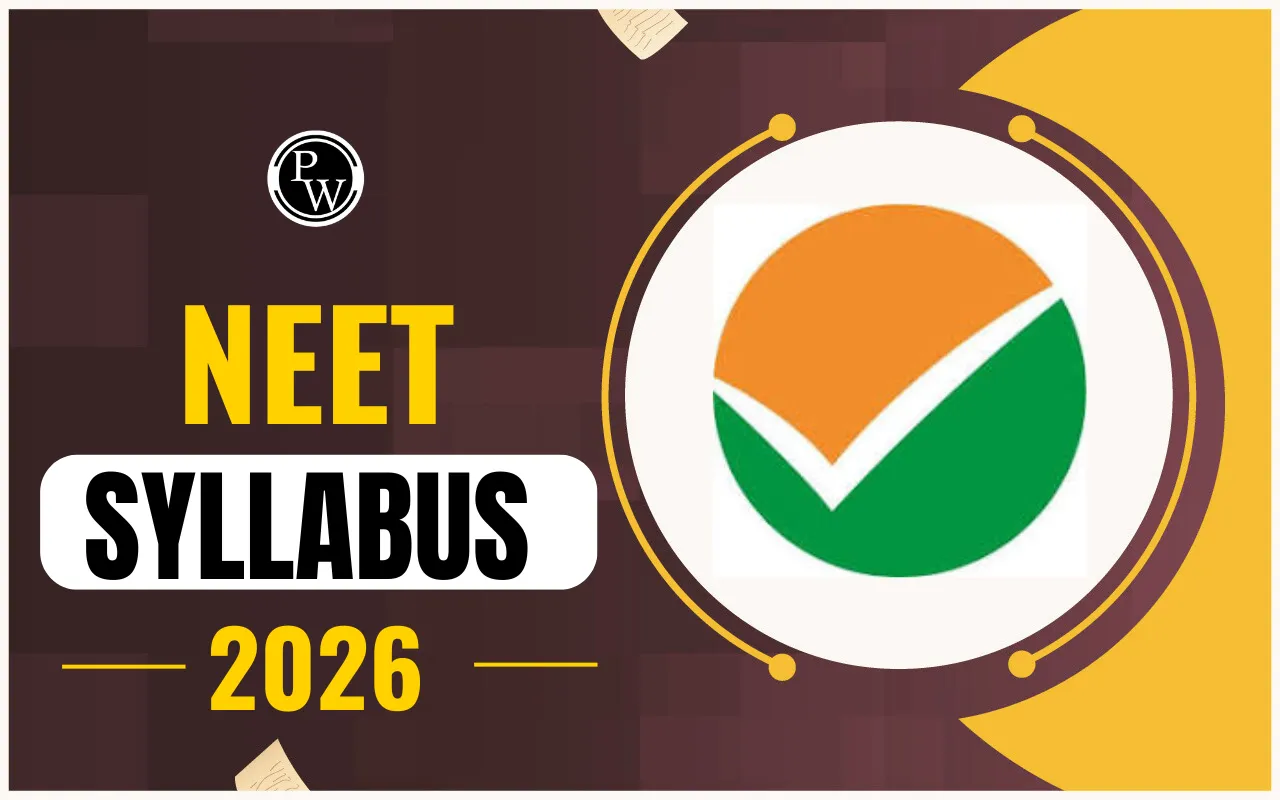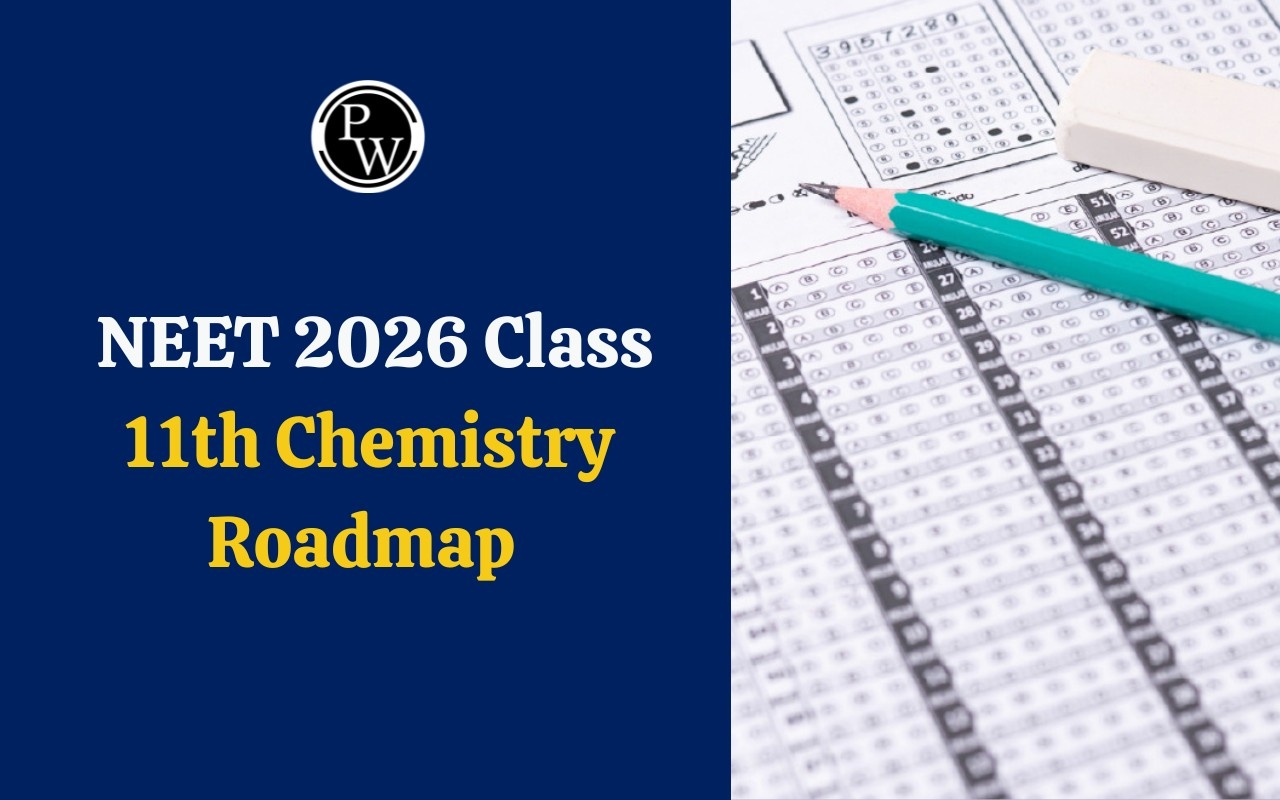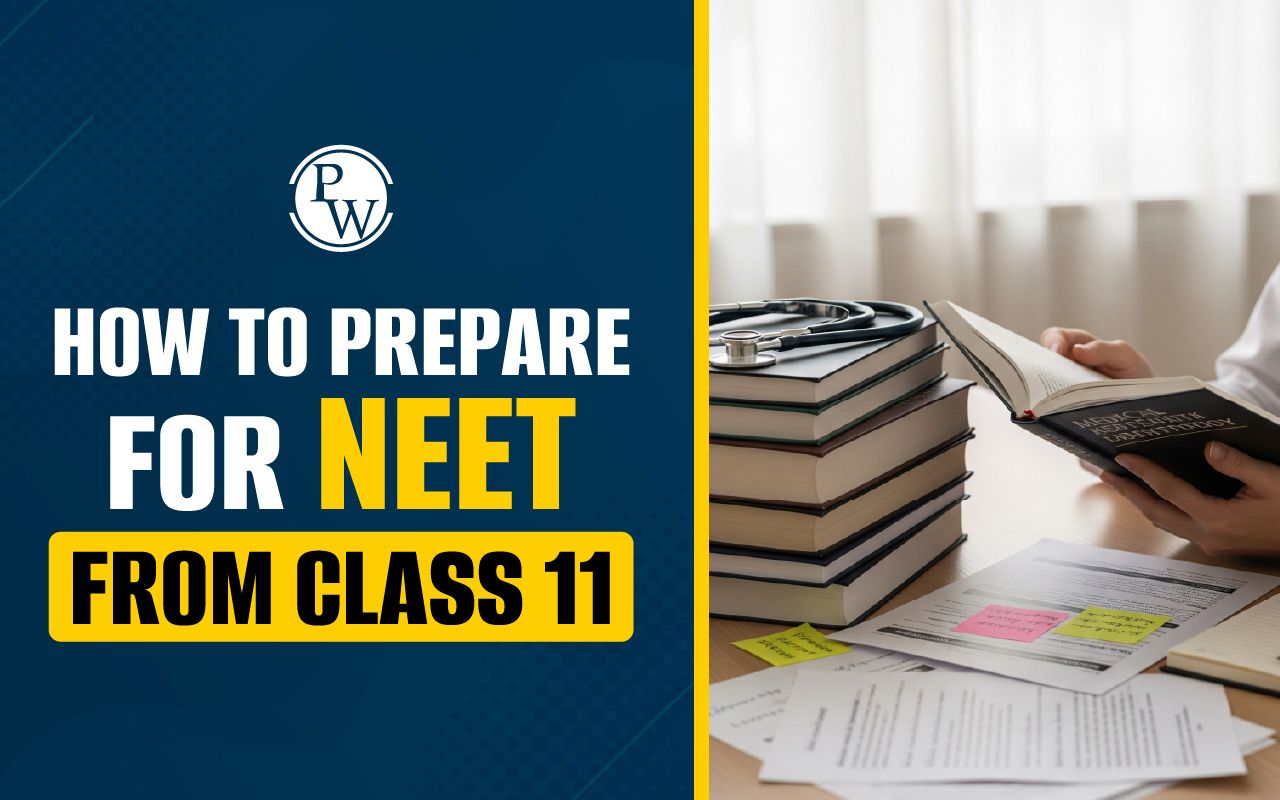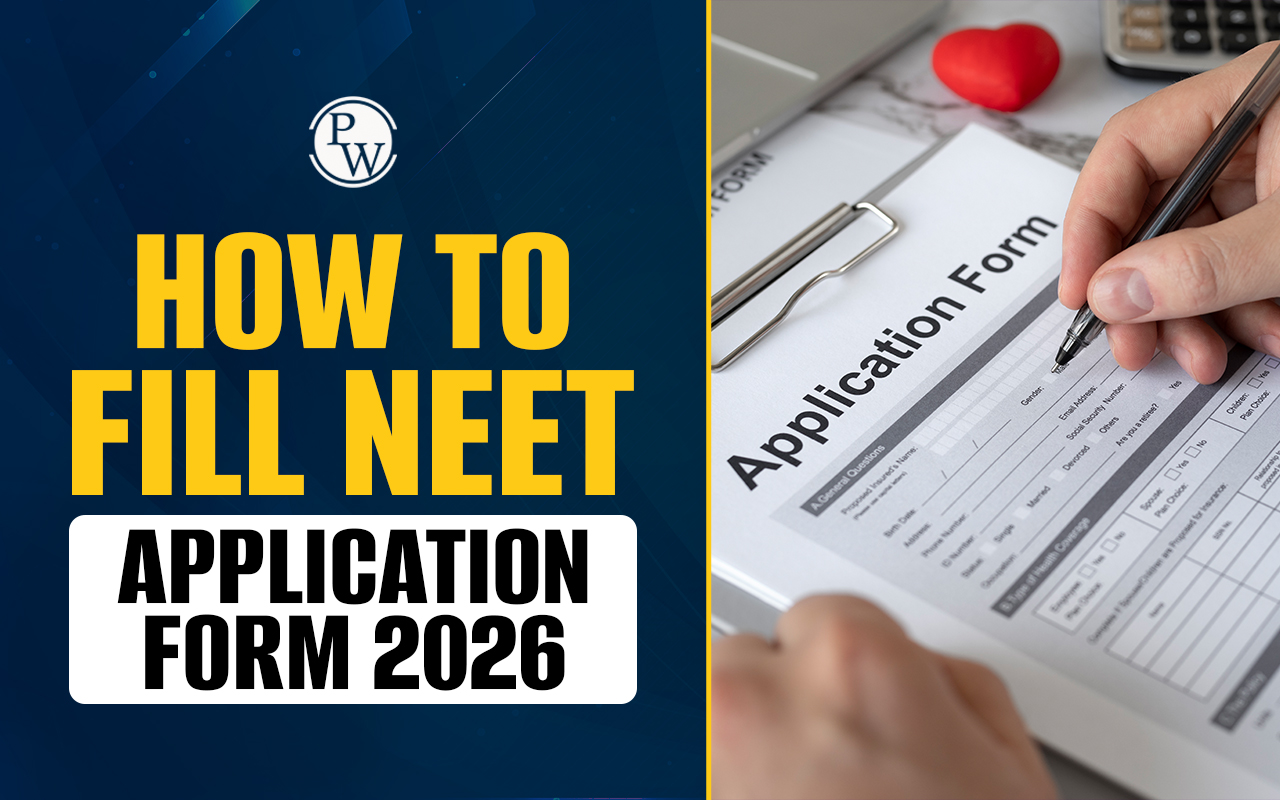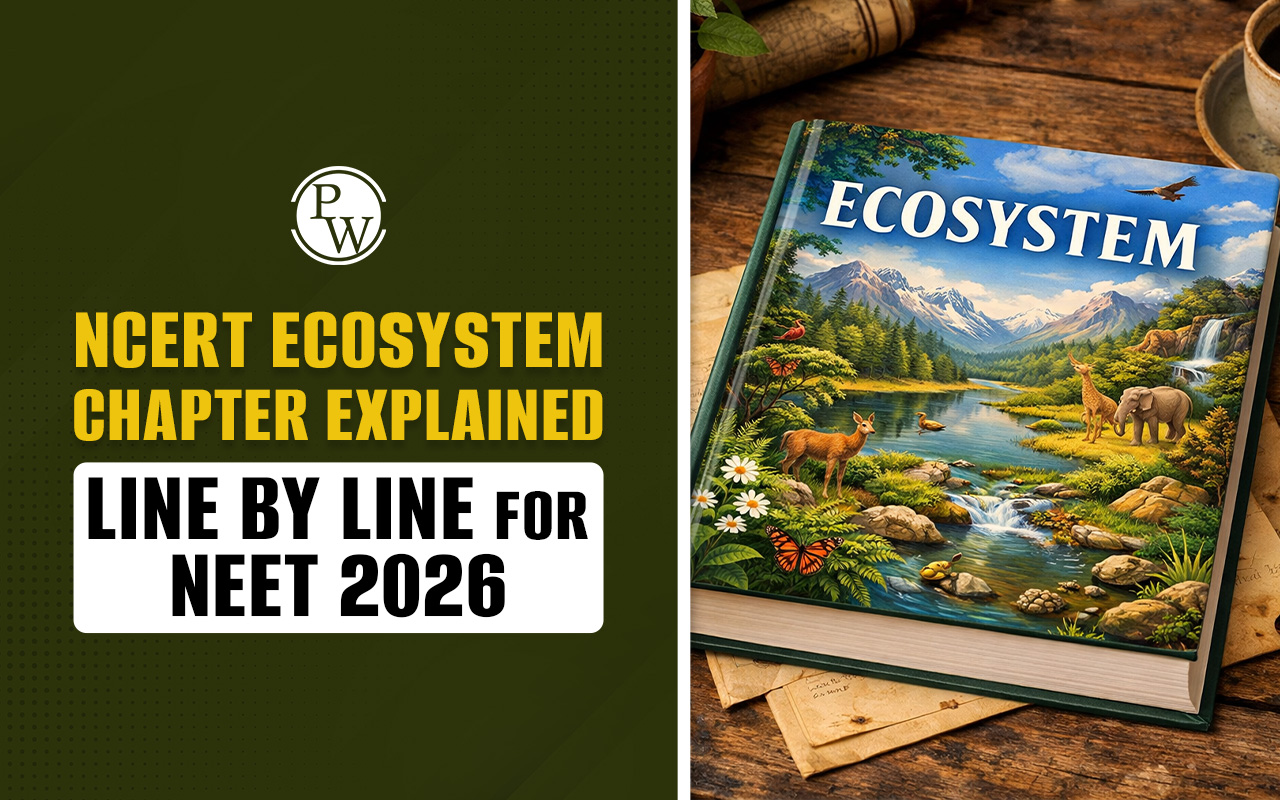
Difference Between Evaporation and Boiling : For NEET aspirants, knowing how liquids change into vapor helps decode the behavior of molecules, and how things heat up and bubble in the kitchen.
Mastering these difference is not only about knowing but it is also important for NEET because this concept is crucial to the perspective of physics and chemistry.Difference between Evaporation and Boiling Overview
Evaporation and boiling are ways liquids turn into vapor, but they have some differences. Evaporation happens on the surface at any temperature, like when water on wet clothes dries in the sun. Boiling, on the other hand, happens all through the liquid at a specific boiling point, with bubbles forming, like when you cook and see water boiling. Evaporation is slower, like when puddles dry, while boiling is faster and needs heat. Knowing these differences helps us understand how liquids change with temperature and why we see bubbles when we cook on the stove.Difference between Evaporation and Boiling
A table is given below showing the Difference between Evaporation and Boiling which are based on all the important parameters that NEET aspirants need to know. Check out this interesting detail and gain knowledge from the insights.| Difference between Evaporation and Boiling | ||
|---|---|---|
| Parameters | Evaporation | Boiling |
| Definition | The process by which a liquid changes into vapor at any temperature below its boiling point. | The process where a liquid changes into vapor at its boiling point with the formation of bubbles. |
| Temperature | Takes place at the surface of the liquid and occurs at all temperatures. | Occurs throughout the entire liquid and happens at a specific temperature (boiling point). |
| Energy Requirement | Requires heat energy, but the temperature increase is not necessary. | Requires continuous addition of heat until the entire liquid reaches its boiling point. |
| Bubble Formation | No visible bubbles are formed during evaporation. | Bubbles are formed and rise to the surface during boiling. |
| Speed | Slower process compared to boiling. | Faster process compared to evaporation. |
| Process in Cooking | Commonly observed in everyday activities, such as clothes drying, puddles disappearing, etc. | Frequently used in cooking, such as boiling water for pasta or other ingredients. |
| Examples | Drying of wet clothes, formation of dew, or a spilled puddle evaporating. | Boiling water, cooking pasta, or preparing soup on a stove top. |
What is Evaporation?
Evaporation is the process by which a liquid transforms into vapor at temperatures below its boiling point. This occurs at the liquid's surface as molecules gain enough energy to escape into the air. An example is the drying of wet clothes in the sun, where water molecules on the fabric surface evaporate into the air.What is Boiling?
Boiling is the process in which a liquid transforms into vapor throughout its entirety at its specific boiling point. This phase change is characterized by the formation of bubbles within the liquid. An example is boiling water on a stovetop, where water transforms into steam as it reaches its boiling point of 100 degrees Celsius (212 degrees Fahrenheit) at standard atmospheric pressure.
Difference between Evaporation and Boiling FAQs
Can evaporation occur at any temperature?
Yes, evaporation can occur at any temperature below the boiling point of a liquid. It takes place at the liquid's surface, with molecules gaining sufficient energy to transition into vapor.
How is boiling different from evaporation in terms of temperature?
Boiling occurs at a specific temperature, known as the boiling point, where the entire liquid transforms into vapor. In contrast, evaporation happens at the surface of the liquid and can occur at any temperature below the boiling point.
Why does boiling require continuous heat, while evaporation does not?
Boiling necessitates continuous heat input because it occurs throughout the entire liquid, requiring the liquid to reach its boiling point. Evaporation, on the other hand, only requires sufficient heat energy at the liquid's surface.
What is the role of bubbles in distinguishing between evaporation and boiling?
Bubbles are a distinctive feature of boiling and are formed as vapor pockets rise to the liquid's surface. In evaporation, no visible bubbles are formed as the process takes place at the liquid's surface without the vigorous bubbling associated with boiling.
Can you provide everyday examples of evaporation and boiling?
Evaporation is observed when wet clothes dry in the sun, as the water molecules on the fabric's surface transform into vapor. Boiling is commonly experienced while cooking, such as when water reaches its boiling point and forms bubbles while preparing pasta or boiling vegetables.
Talk to a counsellorHave doubts? Our support team will be happy to assist you!

Check out these Related Articles
Free Learning Resources
PW Books
Notes (Class 10-12)
PW Study Materials
Notes (Class 6-9)
Ncert Solutions
Govt Exams
Class 6th to 12th Online Courses
Govt Job Exams Courses
UPSC Coaching
Defence Exam Coaching
Gate Exam Coaching
Other Exams
Know about Physics Wallah
Physics Wallah is an Indian edtech platform that provides accessible & comprehensive learning experiences to students from Class 6th to postgraduate level. We also provide extensive NCERT solutions, sample paper, NEET, JEE Mains, BITSAT previous year papers & more such resources to students. Physics Wallah also caters to over 3.5 million registered students and over 78 lakh+ Youtube subscribers with 4.8 rating on its app.
We Stand Out because
We provide students with intensive courses with India’s qualified & experienced faculties & mentors. PW strives to make the learning experience comprehensive and accessible for students of all sections of society. We believe in empowering every single student who couldn't dream of a good career in engineering and medical field earlier.
Our Key Focus Areas
Physics Wallah's main focus is to make the learning experience as economical as possible for all students. With our affordable courses like Lakshya, Udaan and Arjuna and many others, we have been able to provide a platform for lakhs of aspirants. From providing Chemistry, Maths, Physics formula to giving e-books of eminent authors like RD Sharma, RS Aggarwal and Lakhmir Singh, PW focuses on every single student's need for preparation.
What Makes Us Different
Physics Wallah strives to develop a comprehensive pedagogical structure for students, where they get a state-of-the-art learning experience with study material and resources. Apart from catering students preparing for JEE Mains and NEET, PW also provides study material for each state board like Uttar Pradesh, Bihar, and others
Copyright © 2026 Physicswallah Limited All rights reserved.
